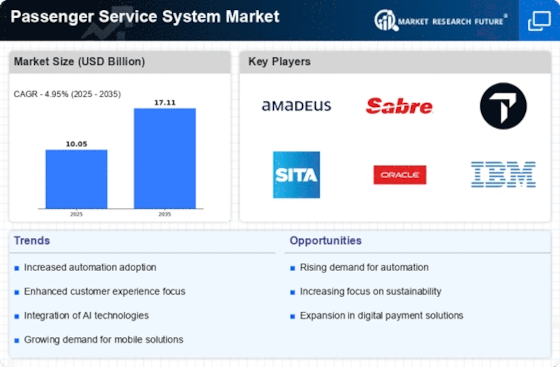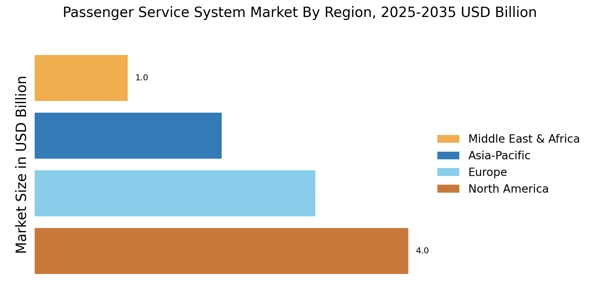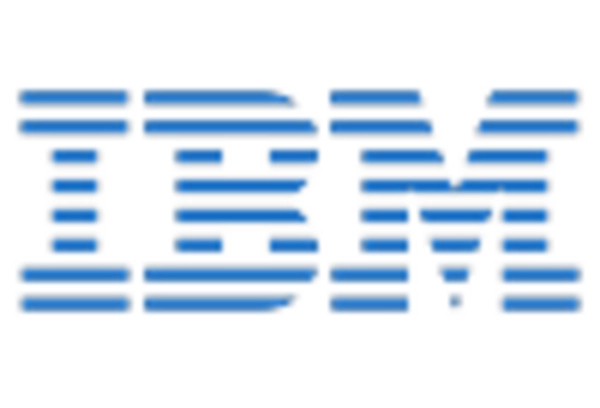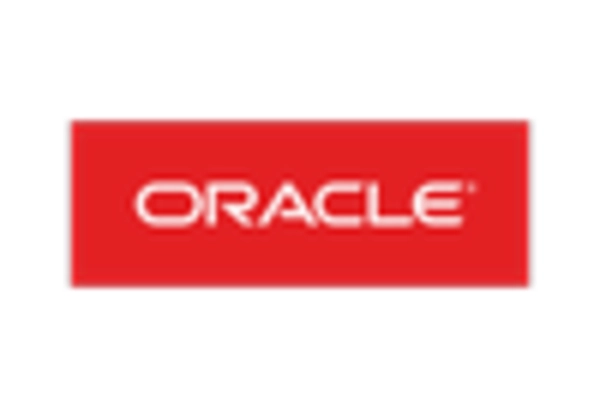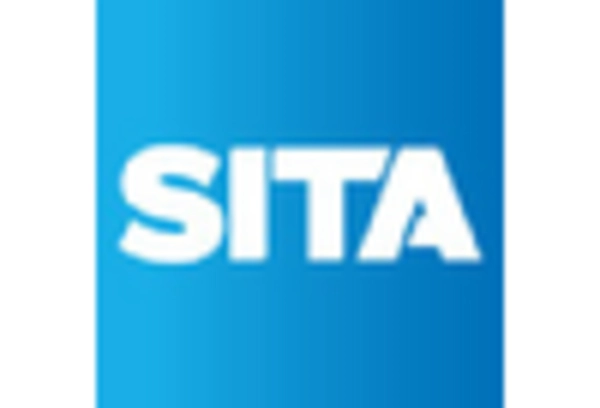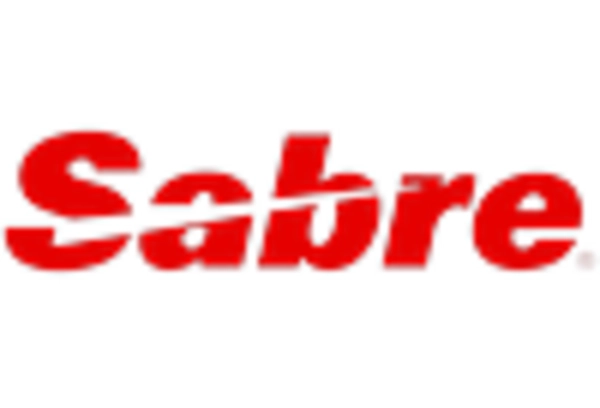Technological Advancements
The Passenger Service System Market is experiencing a surge in technological advancements that enhance operational efficiency and customer experience. Innovations such as artificial intelligence, machine learning, and mobile applications are being integrated into passenger service systems. These technologies facilitate real-time data processing, enabling airlines and travel companies to offer personalized services. According to recent data, the adoption of AI in the aviation sector is projected to grow at a compound annual growth rate of 30% over the next five years. This trend indicates a shift towards more automated and efficient passenger management solutions, which could potentially reshape the competitive landscape of the Passenger Service System Market.
Emergence of Cloud-Based Solutions
The Passenger Service System Market is being transformed by the emergence of cloud-based solutions. These systems offer flexibility, scalability, and cost-effectiveness, making them attractive to airlines and travel agencies. Cloud technology enables real-time data access and collaboration across various departments, enhancing operational efficiency. Recent statistics reveal that the cloud-based passenger service system segment is expected to grow at a CAGR of 25% over the next five years. This trend suggests that more companies are likely to migrate to cloud solutions to improve their service offerings and reduce operational costs, thereby contributing to the overall growth of the Passenger Service System Market.
Increased Focus on Customer Engagement
The Passenger Service System Market is witnessing a heightened focus on customer engagement strategies. Airlines and travel companies are increasingly recognizing the importance of building strong relationships with their customers. This shift is leading to the development of passenger service systems that facilitate personalized communication and engagement throughout the travel journey. Data indicates that companies that prioritize customer engagement see a 20% increase in customer retention rates. As a result, the Passenger Service System Market is evolving to incorporate features that enhance customer interaction, such as loyalty programs and targeted marketing campaigns, thereby fostering brand loyalty and driving market growth.
Regulatory Compliance and Safety Standards
The Passenger Service System Market is significantly influenced by the need for regulatory compliance and adherence to safety standards. Governments and aviation authorities worldwide impose stringent regulations to ensure passenger safety and data protection. Compliance with these regulations often necessitates the adoption of advanced passenger service systems that can efficiently manage sensitive information and operational protocols. For instance, the implementation of the General Data Protection Regulation (GDPR) in various regions has compelled companies to enhance their data management practices. This regulatory landscape creates a demand for sophisticated passenger service systems that can ensure compliance while maintaining operational efficiency, thus driving growth in the Passenger Service System Market.
Rising Demand for Seamless Travel Experience
The Passenger Service System Market is driven by an increasing demand for seamless travel experiences among passengers. Travelers today expect a high level of convenience, from booking to boarding. This expectation has led to the implementation of integrated systems that streamline processes such as check-in, baggage handling, and customer support. Data suggests that 75% of travelers prioritize ease of use when selecting travel services. Consequently, airlines and travel agencies are investing in advanced passenger service systems to meet these expectations, thereby enhancing customer satisfaction and loyalty. This trend is likely to continue, further propelling the growth of the Passenger Service System Market.

